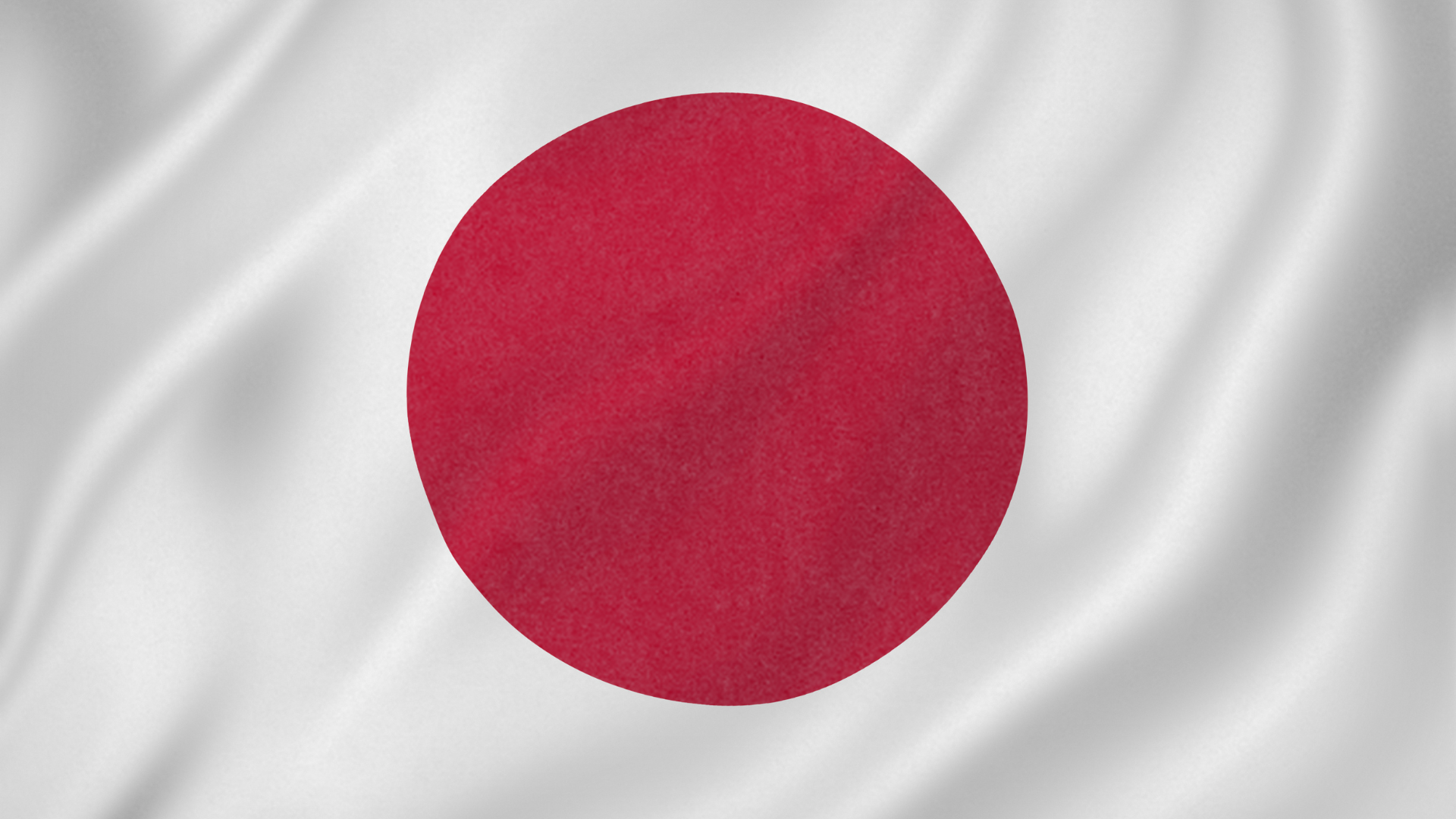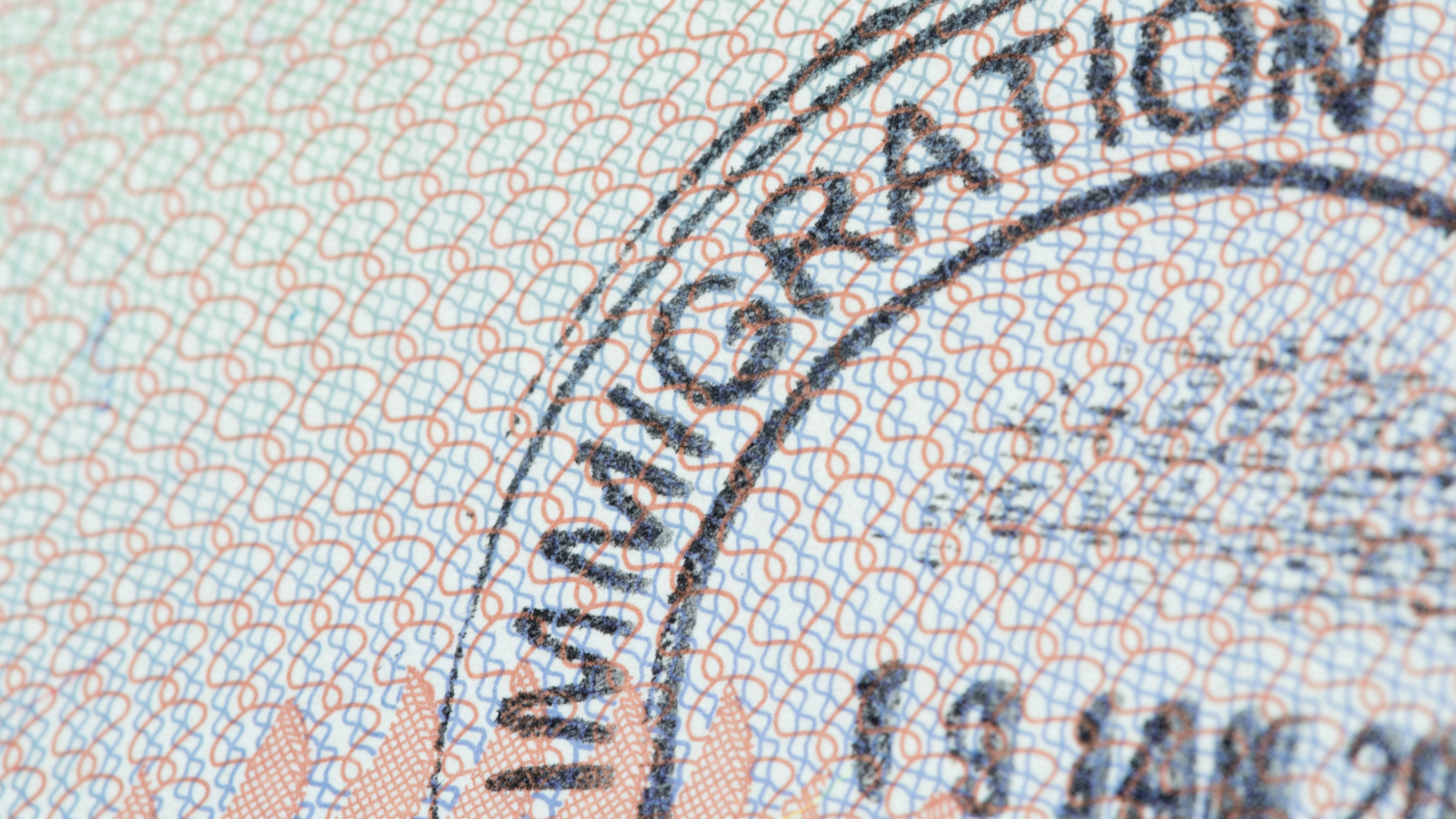The use of lead in manufacturing consumer products such as toys and cosmetics, school supplies, food and drinks packaging, batteries, paint, ceramics, insecticides and explosives, metal alloys and water pipes has finally faced a ban order after environmentalists have campaigned for it continuously for years, according to an AFP report.
Abigail Aguilar, Greenpeace Southeast Asia’s toxic substances campaigner, was quoted saying in the report, “We are kind of late here. Many of our neighbors have already banned it.”
She also said the ban order was made “because of the noise that the civil society has created on the impact of lead,” among which are the extensive contamination and health problems worldwide.
According to World Health Organization, lead affects multiple organs. Unfortunately, most burdened by this are developing countries.
In 2001, the Philippines banned the use of lead in fuel but Aguilar disclosed that the government failed to enforce a ban on other hazardous chemicals.
She also said that the Department of Environment and Natural Resources issued similar chemical control orders, between 1997 and 2004, against use of mercury, asbestos, and cyanide.
Imprisonment of up to six months will be imposed to executives of manufacturing, distribution, recycling, or import companies who violate the said order.





